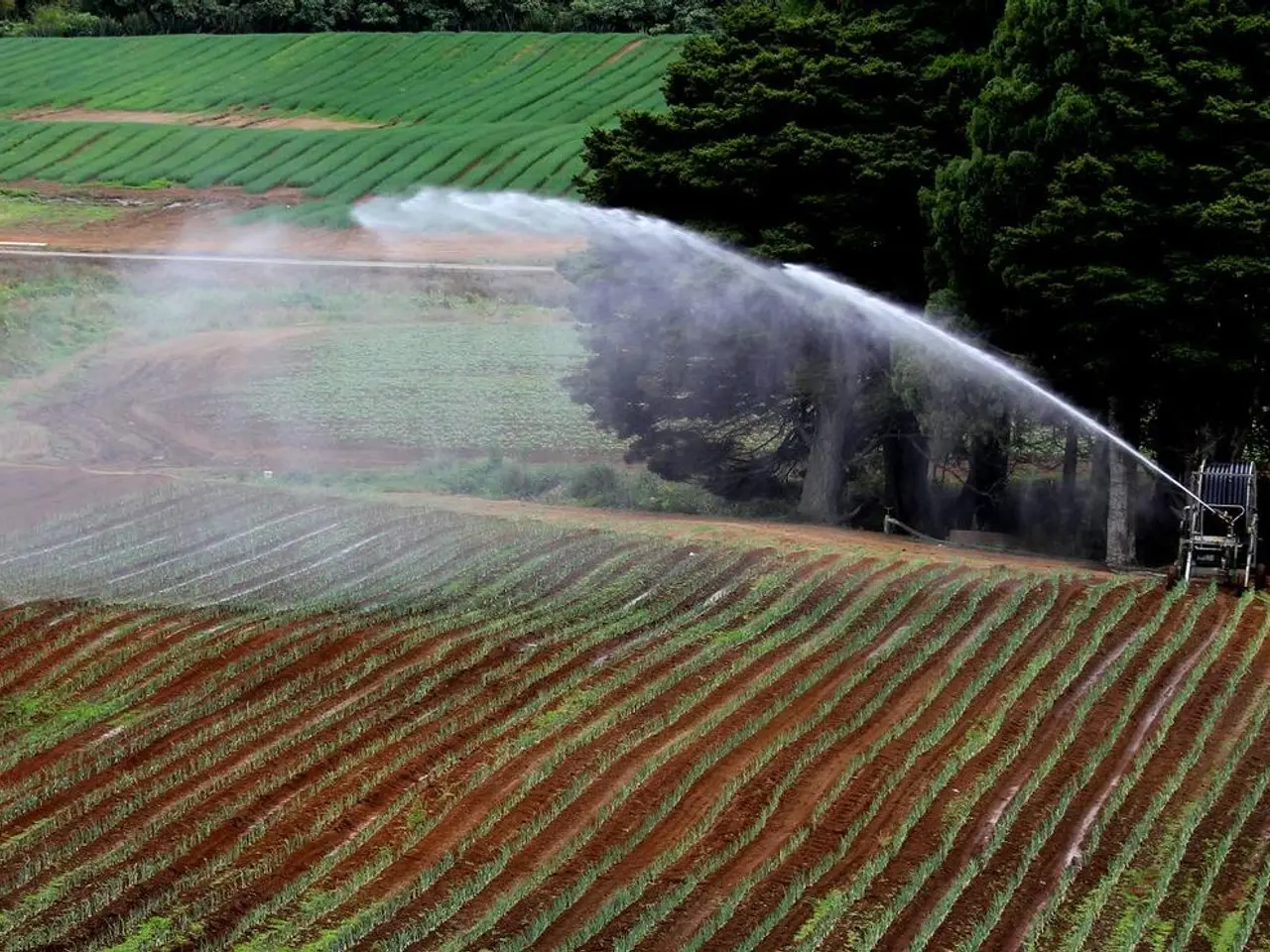Advocacy for the underserved communities
In the heart of Salyan, Nepal, Welthungerhilfe's project is making a significant impact on the community, improving nutrition, farming practices, and rights awareness.
Parbati Bishwakarma, a member of the dalit caste, is one of the many beneficiaries. With the knowledge gained from Welthungerhilfe's awareness-raising work, she and her family have successfully petitioned the government for an irrigation channel. This innovation has enabled them to grow food for more months of the year, improving their lives significantly.
Ralph Weihermann, a filmmaker based in Cologne, visited the project in February 2018, witnessing firsthand the transformative effects it has had on the community.
The project takes a holistic approach, focusing not only on nutrition but also on education, health, and raising awareness of rights among marginalized groups. Child malnutrition, for instance, has become a thing of the past for Kalsari since she received nutrition training. Kalsari and her family are now growing a variety of vegetables, including tomatoes, ginger, pomegranates, citrus fruits, and soon, honey and the spicy local "timur" pepper.
To enhance farming, the project introduces sustainable agricultural techniques, improved seeds, and training. This boosts productivity, resilience to climate challenges, and income for smallholder farmers. Kalsari's family, for example, has seen their income double over recent years by selling their produce at the local market.
Moreover, the project focuses on rights awareness. It aims to change the traditional caste system that excludes many people from improvements in society and denies them their rights. Community training and advocacy enable people like Parbati to claim their rights, participate more fully in decision-making, and improve social equity.
Welthungerhilfe's efforts in Salyan contribute to sustainable development by tackling immediate hunger and poverty causes while empowering the community for long-term improvement. Kalsari, for one, is also producing biological pesticides using cow's urine and different plants, which is effective, cheaper, and healthier in nutrition terms.
In conclusion, Welthungerhilfe's project in Salyan is a shining example of how a holistic approach can transform lives, foster sustainable farming practices, and empower communities to claim their rights and improve their socio-economic status.
- The nutrition training received by Kalsari has allowed her family to grow a diverse variety of nutritious fruits and vegetables, such as tomatoes, ginger, pomegranates, citrus fruits, honey, and the spicy timur pepper, in their home-and-garden.
- The project's focus on health-and-wellness extends beyond nutrition, promoting education and raising awareness of rights among marginalized groups like Parbati, a member of the dalit caste, enabling them to petition the government for improvements and seek greater social equity.
- In the realm of food-and-drink, Kalsari is also producing biological pesticides using cow's urine and various plants, a technique that is effective, cheaper, and healthier in terms of nutrition.
- Drawing from the science of agriculture, the project introduces sustainable farming practices, better seeds, and training to boost productivity, resilience to climate challenges, and income for smallholder farmers, enhancing their fitness-and-exercise through improved food sources and lifestyle.




